Best Design Car In The Future
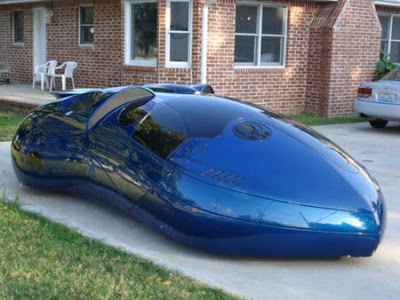 First picture car in the future like that will make you say that is very imagine. This car design like capsule or the faster car in the world.
First picture car in the future like that will make you say that is very imagine. This car design like capsule or the faster car in the world.For students of the way car demand is changing — and how design will adapt — the next few years will provide some fascinating spectator sport.
Seems to me that many of the rules about how cars look and are laid out will be rewritten, even before the expected blizzard of hybrid and electric powertrains arrives.
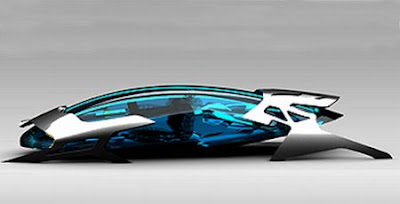 Second picture car in the future There are signs this week that Volvo is about to redesign its traditional V70 estate - because customers think its roof is too low - just as Renault is preparing to drop its Espace MPV because customers feel, in this new age of insecurity, that the pioneering people-carrier’s glassy, high-riding way of doing things makes them too vulnerable.
Second picture car in the future There are signs this week that Volvo is about to redesign its traditional V70 estate - because customers think its roof is too low - just as Renault is preparing to drop its Espace MPV because customers feel, in this new age of insecurity, that the pioneering people-carrier’s glassy, high-riding way of doing things makes them too vulnerable.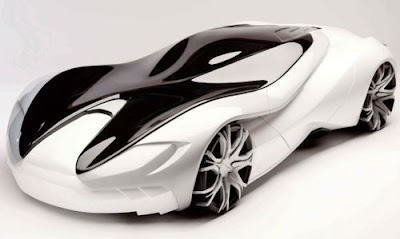 Third picture car in the future Discovering who’s right (each company doubtless has iron-cast research to justify its point of view) will be fascinating.
Third picture car in the future Discovering who’s right (each company doubtless has iron-cast research to justify its point of view) will be fascinating.The future of car design
Other trends? Big-engined cars are obviously in trouble, now that fuel efficiency is all. That threatens formerly bulletproof premium cars.
Buyers have traditionally used their BMW purchase to justify an extra-performance engine with accompanying trimmings. BMW does perfectly good ‘cooking’ engines, of course, but it’s the pizzazz that earns them the money. If they start making a higher proportion of ordinary cars, as they surely will, the bottom line is bound to suffer.
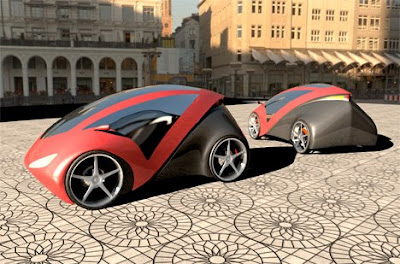 Fourth picture car in the future Don’t expect big-cabin cars to go into a spiral, though. Consumers keep growing, and they enjoy the comfort too much to squeeze themselves into micro-cars. Look forward instead to a renewed crop of innovations in packaging, accompanied by cheaper and more effective weight saving.
Fourth picture car in the future Don’t expect big-cabin cars to go into a spiral, though. Consumers keep growing, and they enjoy the comfort too much to squeeze themselves into micro-cars. Look forward instead to a renewed crop of innovations in packaging, accompanied by cheaper and more effective weight saving.Superminis that weigh 1100kg can’t be afforded, when they used to weigh 800kg. So which are the areas of traditional strength?
Ironically, I believe the Mondeo/Insignia crop of models may generate renewed interest as we wait for the hybrids to arrive. They’re big bodied and well priced, while their staple engines are both advanced and economical. I’m especially impressed by their traditional voluminous estate versions (which is one reason why Volvo should have a care before it kills the traditionalist’s V70).
 New Toyota Alphard design is the best car in 2010
New Toyota Alphard design is the best car in 2010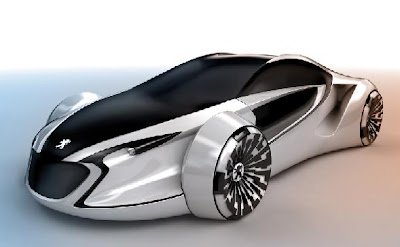 Maybe it’s time to stop fighting the old image and to see it as a virtue. best picture car in the future concept.
Maybe it’s time to stop fighting the old image and to see it as a virtue. best picture car in the future concept.Writen By :
About Steve Cropley
Road tester of 35 years and columnist of 15, Steve says he’s as much in love with cars today as he was on day one. “And not just the cars, but also the industry that makes ’em.”



No comments:
Post a Comment